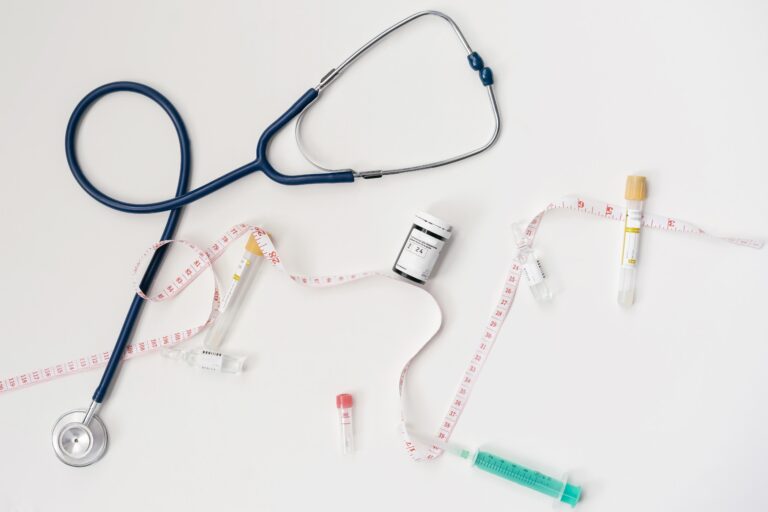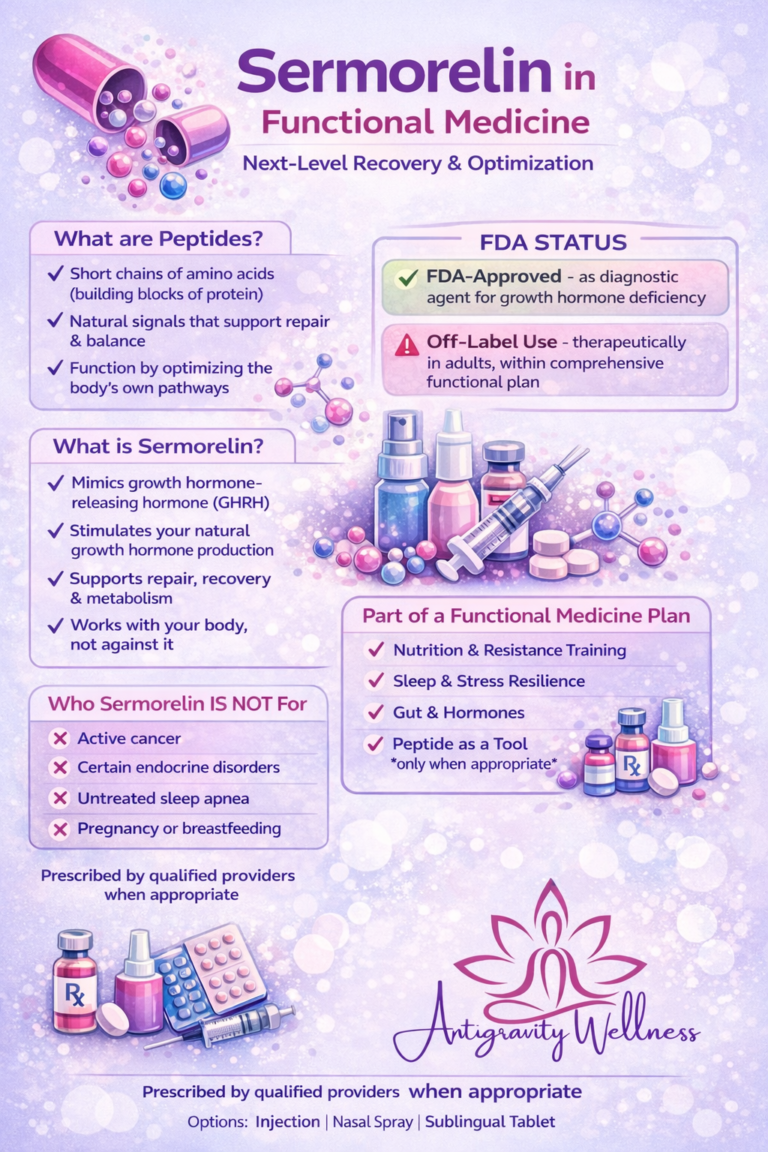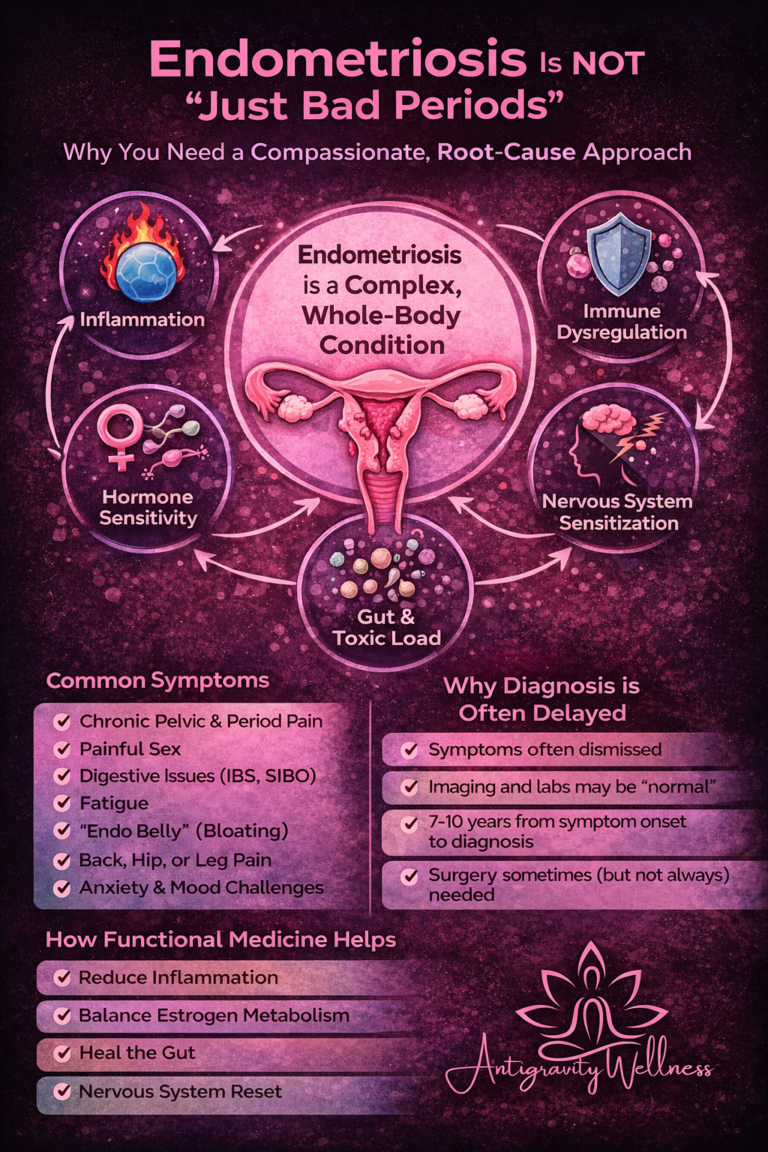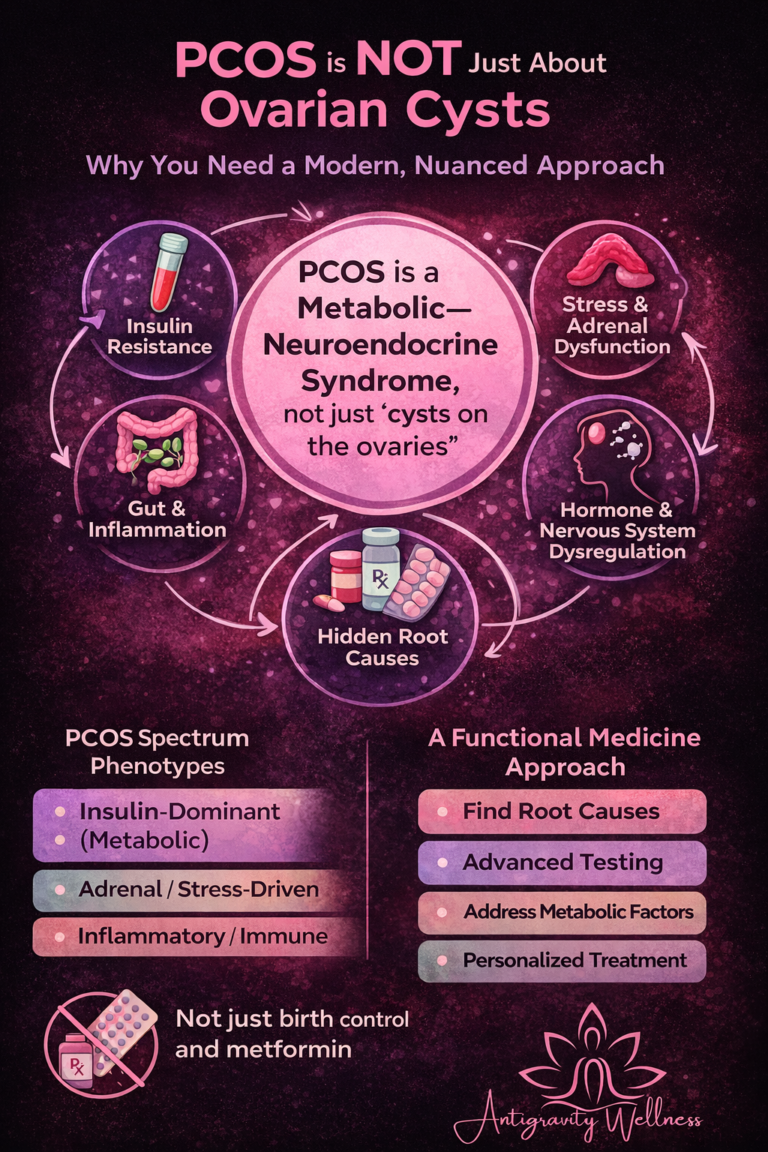Hello! Nurse Practitioner, Functional Nutrition & Fitness Coach Nicole here to talk to you about insulin resistance and its relation to hyperlipidemia. Disclaimer: As always, these videos are for information purposes only and are not meant to diagnose or treat any one person. You must seek the help of a qualified health professional for your individual healthcare needs.
The most common form of hyperlipidemia, which is high levels of triglycerides and cholesterol greater than the 90th percentile of the general population, is an inherited disorder called familial combined hyperlipidemia, or FCH for short. FCH is prevalent in up to 20% of the population of those with early myocardial infarction, aka a heart attack. A study from the medical journal Arteriosclerosis, Thrombosis, and Vascular Biology of 132 subjects with FCH, 350 normolipidemic relatives, and 81 spouses who acted as controls was studied. They found the FCH subjects were significantly more insulin resistant compared to the control and normolipidemic relatives. But why is that, what’s going on there?
When there is insulin resistance in the body, there is a higher-than-usual release of free fatty acids from fat cells after a meal. Because glucose, the energy in the food, cannot get into the cells of the body, the is no dampening of this signal for the body to release fat from fat cells for energy. This causes a flood of not only glucose in the blood but also free fatty acids. The high influx of free fatty acids must go somewhere, so it goes to the liver for processing. This then drives the overproduction of triglycerides and apoB which is the bad kind of protein found in low-density lipoproteins aka LDL. These then contribute to an elevation of very-low-density-lipoprotein aka VLDL, which is known to be a primary diver of vascular disease increasing the risk of stroke and heart attack.
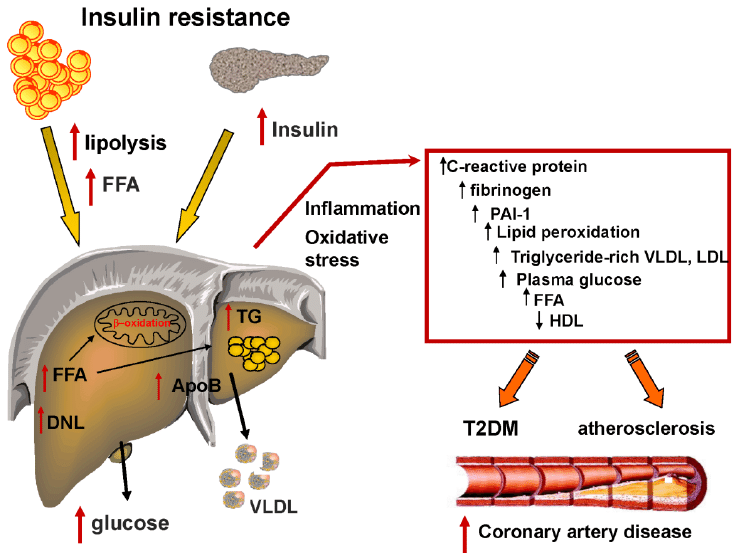
In the upcoming videos, I will discuss the lab testing for cardiovascular risk that should include markers of insulin resistance, as well as dietary and lifestyle changes that are the first-line treatments in the early prevention of this disease process.
If you found this video helpful, please like, comment, share, and follow or subscribe for more. If you are interested in working with me one on one, check out my website link in my bio or DM me for a free consult. Be your own advocate, and take charge of your health!

